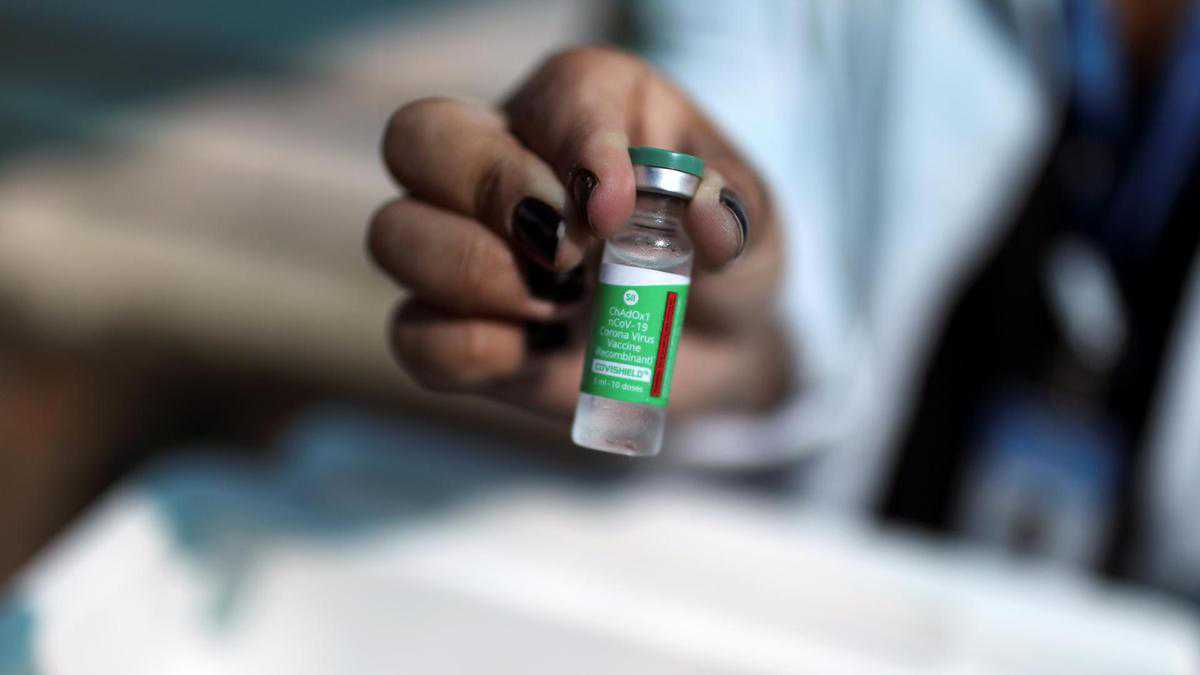AstraZeneca vaccine row sets EU and UK on collision course
29 January, 2021

EU needs on Wednesday that AstraZeneca make up delivery delays of its Covid-19 vaccine by supplying from its UK factories risked setting the bloc and Britain on a post-Brexit collision training.
The EU and former member Britain insisted the Anglo-Swedish pharmaceutical company uphold contractual delivery promises to each of them, however the company said there is not enough to bypass.
"The 27 European Union member states happen to be united that AstraZeneca must deliver on its commitments inside our agreements," EU Well being Commissioner Stella Kyriakides said in Brussels.
In London, Primary Minister Boris Johnson said he likely AstraZeneca to honour its commitment to provide two million doses weekly to the UK from its plant in north Wales, in which a bomb scare paused production for a couple hours on Wednesday.
"All I may say is that we're very confident inside our supplies, we're very confident inside our contracts and we're going ahead on that basis," Mr Johnson said.
The dispute was sparked previous Friday when AstraZeneca told the EU it could only supply a quarter of the vaccine doses it had promised for the first three months of this year.
That infuriated the European Commission, which is arranging this week to include the vaccine to two other folks it has recently authorised, from BioNTech-Pfizer and Moderna.
They were to help reach an objective of inoculating 70 per cent of EU adults by the finish of August.
The anger increased when AstraZeneca leader Pascal Soriot on Tuesday said his company was giving priority because of its supplies to Britain.
The UK signed its contract 90 days prior to the EU did, and was required and then produce a "best effort" to provide the bloc.
Ms Kyriakides said this promise was "neither correct nor is it acceptable".
"We reject the logic of first-come, first-served," she explained. "That may work at the neighbourhood butcher's however, not in contracts, and not inside our advanced purchase agreements."
The tensions eased somewhat immediately after Mr Soriot spoke to the EU's vaccines team over Wednesday night, with both sides saying the meeting have been "constructive".
"We have focused on even closer co-ordination to jointly chart a good course for the delivery of our vaccine above the coming weeks, as we continue our attempts to carry this vaccine to an incredible number of Europeans at zero profit through the pandemic," a great AstraZeneca spokesman said.
But Ms Kyriakides complained of a "continued insufficient clarity on the delivery plan".
"The EU remains to be united and company contractual obligations should be met," she tweeted.
Earlier on Wednesday Ms Kyriakides said AstraZeneca had four operating vaccine plants in Europe - two in Britain and two in the EU - and the agreement made simply no distinction between them regarding the contractual volumes to be supplied.
EU officials said the bloc had allocated €336 million ($406m) to AstraZeneca allowing it to expand creation.
Explanations from the business for the delay had varied and the key one, talking about a "yield difficulty" in one of the EU plants, was first unsatisfactory, the officials said.
"We are not told what the real problem is," one said.
Because AstraZeneca's other plants, notably in the UK, were unaffected, "their account is slightly inconsistent".
If AstraZeneca started diverting vaccines from both UK plants, that could jeopardise Mr Johnson's commitment to have 15 million Britons vaccinated by mid-February.
Already, thanks mainly to the AstraZeneca vaccine, Britain is one of the leading countries for the speed of its vaccination programme, doing this at five times the rate of EU member states collectively.
An abrupt slowdown in those doses will be dramatic, especially as Britain has suffered the best death toll from Covid-19 of any European region and Mr Johnson is counting on the vaccines to curb deaths.
Tensions between your EU and Britain remain great after Brexit, with UK traders and buyers suffering because they cope with higher costs and bureaucracy beyond the European single marketplace.
Source: www.thenationalnews.com
